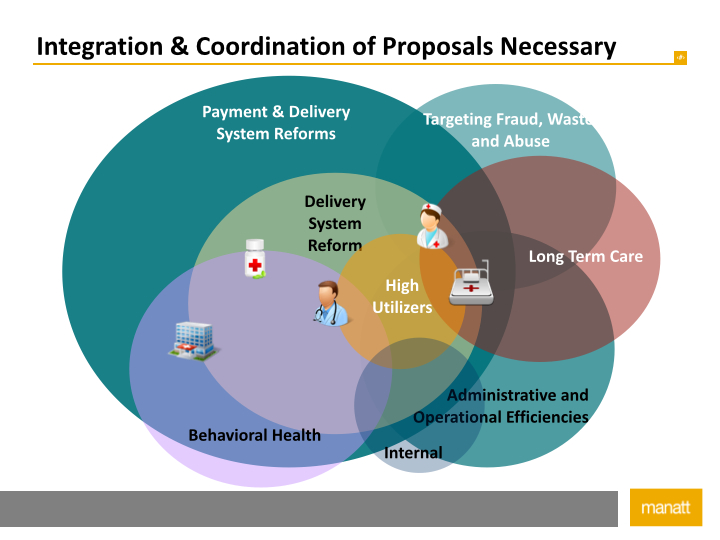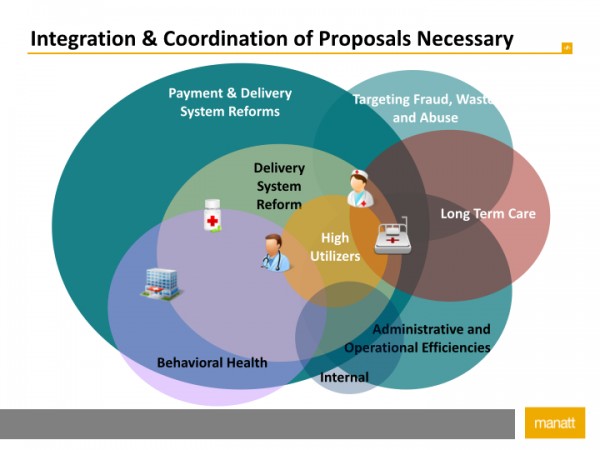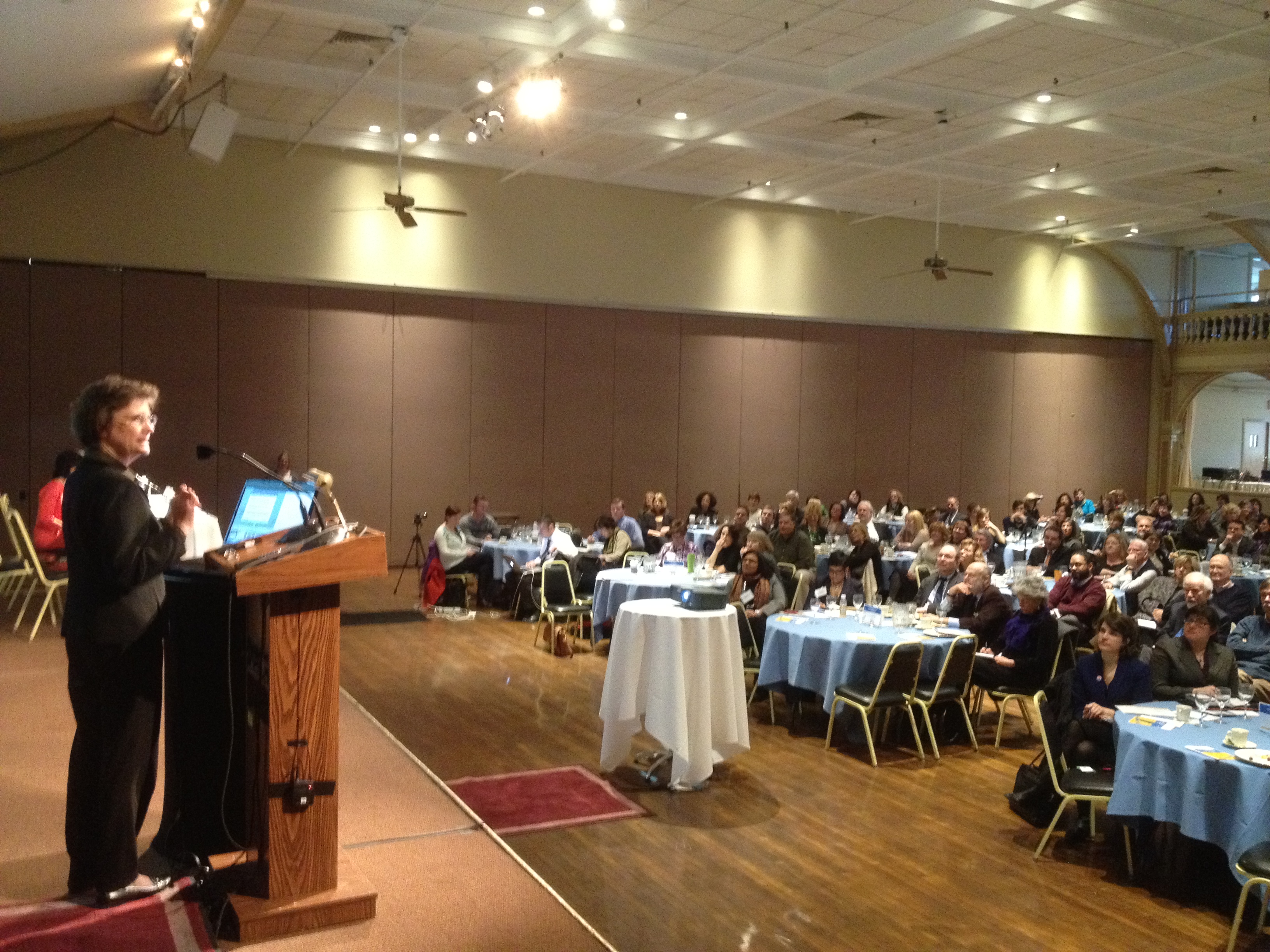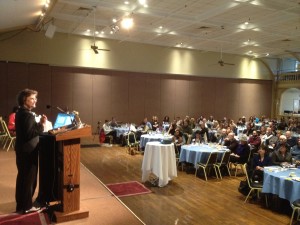 New Census data show that the percentage of uninsured Rhode Islanders was 5.7 percent in 2015, half the rate it was in 2013, the year before the Affordable Care Act (ACA) went into effect. In 2014, 7.4 percent were uninsured.
New Census data show that the percentage of uninsured Rhode Islanders was 5.7 percent in 2015, half the rate it was in 2013, the year before the Affordable Care Act (ACA) went into effect. In 2014, 7.4 percent were uninsured.
Two new avenues for affordable health insurance made available through the ACA have helped significant numbers of Rhode Islanders gain coverage. First, new Medicaid eligibility for adults (Medicaid expansion) allowed around 60,000 single adults with income marginally above the poverty line to have health insurance coverage.
Second, the new state exchange, HealthSourceRI, provided a pathway to coverage for another 35,000 Rhode Islanders who purchase private insurance. Almost 90 percent of enrollees, those with income below four times the poverty level, quality for federal tax credits to help pay their monthly premium. The majority of enrollees (60 percent) have income below two and half times the poverty level ($29,000) and also receive assistance paying for out of pocket costs including co-pays and deductibles. (Source: HealthSourceRI, Open Enrollment 2016)
According to the Rhode Island Annual Medicaid Expenditure Report for SFY 2015, the federal/state Medicaid program provides health insurance to one in four Rhode Islanders. In addition to the 60,000 newly eligible single adults, 150,000 children and families with lower income and 12,000 children with special health care needs have comprehensive insurance through Medicaid. Seniors (19,000) and people with disabilities (32,000) rely on Medicaid for the services they need to live safely in the community or in a facility when home-based care is not feasible.
 “Rhode Islanders should be proud that we are 7th in the nation for the percent of residents who have health insurance coverage”, said Linda Katz, Policy Director at the Economic Progress Institute. “With health insurance, people are more likely to keep up with yearly preventive care visits and people with chronic conditions can get the treatment they need to promote their well-being. Besides the obvious benefits for families and individuals, having a healthy work force is a good selling point for our state. Medicaid and coverage through HealthSourceRI are vital to ensuring that thousands of our residents can afford comprehensive health insurance.”
“Rhode Islanders should be proud that we are 7th in the nation for the percent of residents who have health insurance coverage”, said Linda Katz, Policy Director at the Economic Progress Institute. “With health insurance, people are more likely to keep up with yearly preventive care visits and people with chronic conditions can get the treatment they need to promote their well-being. Besides the obvious benefits for families and individuals, having a healthy work force is a good selling point for our state. Medicaid and coverage through HealthSourceRI are vital to ensuring that thousands of our residents can afford comprehensive health insurance.”



 The 7th Annual Budget Policy Conference, a fundraiser for the
The 7th Annual Budget Policy Conference, a fundraiser for the 




 Featuring keynote speaker Jared Bernstein
Featuring keynote speaker Jared Bernstein